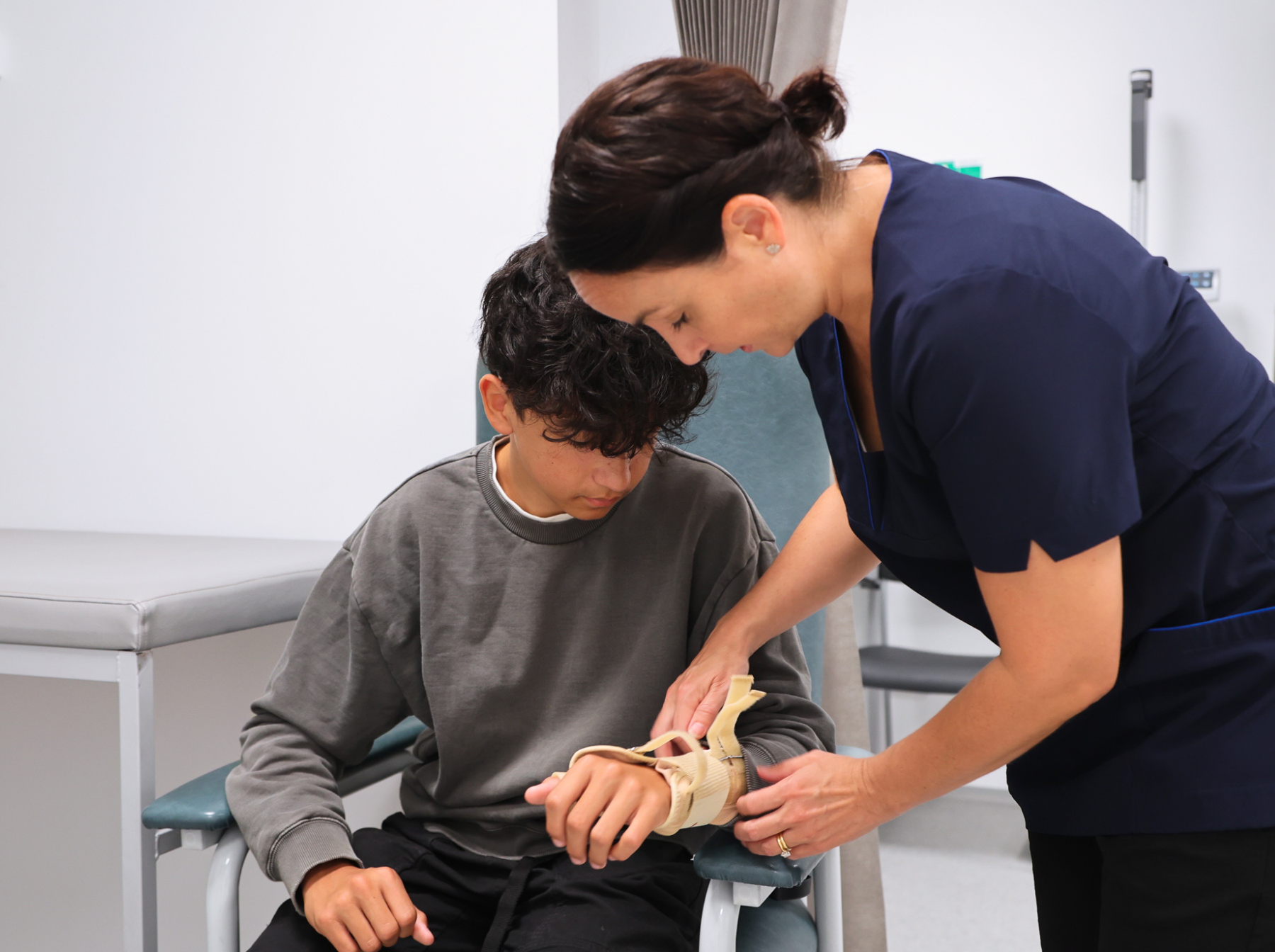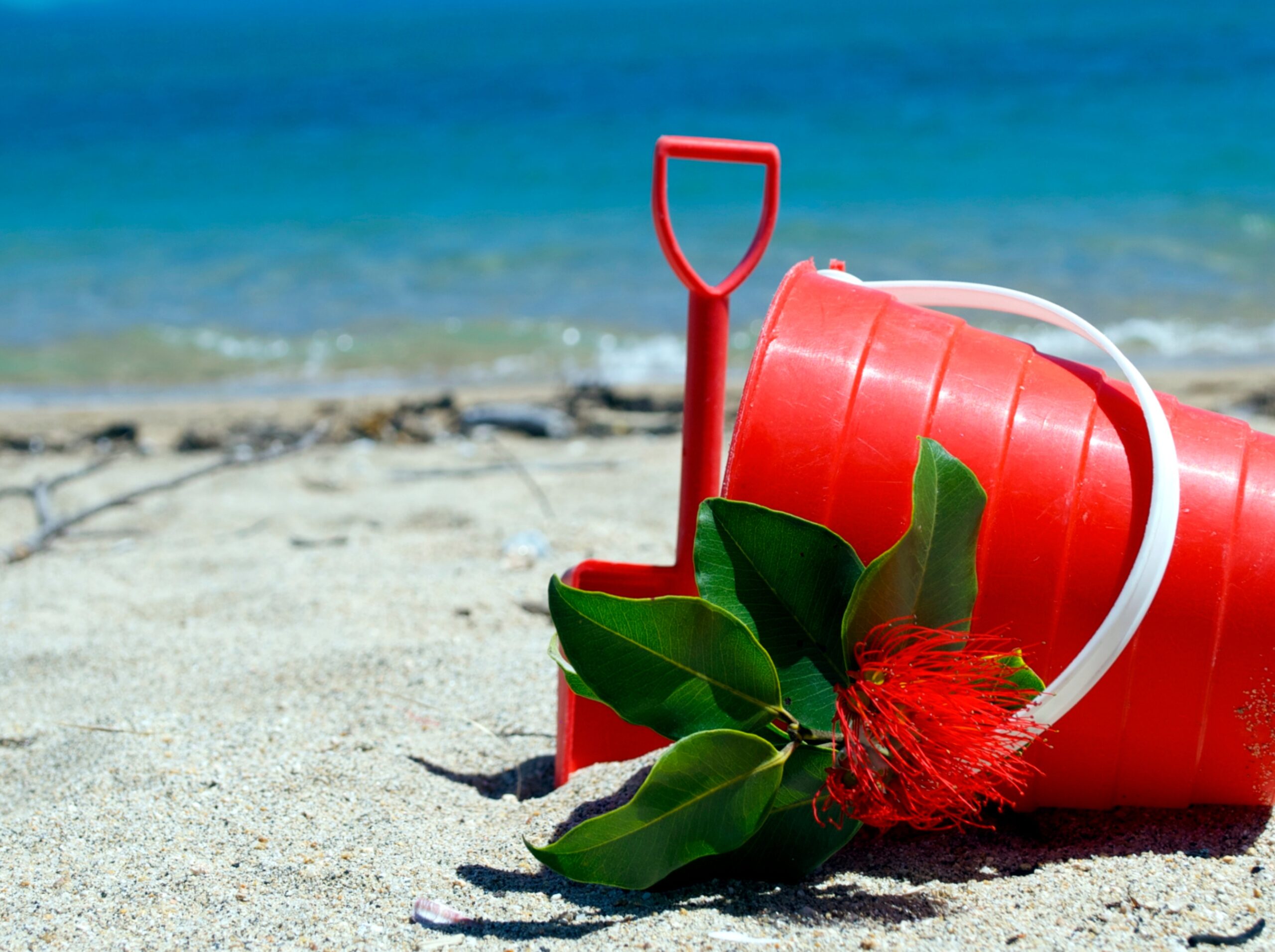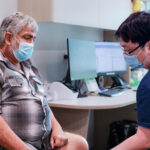As Kiwis, sport is in our DNA! Whether it’s rugby, football, hockey, running, swimming or everything in between, we love it. However, no one loves being injured. Especially if it’s preventable! That’s why we have reached out to Dr Richard Chong to give his top tips for preventing injuries this winter sports season!
1. Ensure you do a proper warm-up & cool-down
When you cook a pizza at home, you always preheat the oven before you put the pizza in, right? This is to ensure that the oven is hot enough to cook the pizza when you put it in.
Participating in sports is the same. Prior to jumping into any kind of exercise, whether it’s at the gym or on the sports field, it’s important that you take the time to warm up your body. This could include a light jog and some dynamic stretches and most teams now include warm up exercises appropriate to their sport.
After you have finished participating, it’s just as important to cool down. This can include a light jog and some static stretches. After an intense workout, your body needs time to cool down and unwind. This will help to prevent injuries and avoid muscle soreness the next day.
2. Wear protective gear!
Whether you’re playing a contact or non-contact sport, one of the easiest ways to prevent injuries is by wearing the recommended protective equipment. This could include;
- Shin guards
- Helmet
- Mouthguard
- Gloves
- Goggles
Accidents happen on, and off the sports field, so it’s always better to be safe than sorry!
3. Hydration & Nutrition
Ensuring that you’re properly hydrated before participating in sports is highly important. If you’re dehydrated and decide to perform physical activity, your chances of muscular injuries are drastically higher than if you were properly hydrated. This is similar when it comes to what you eat. If you only fuel your body with sugar and fatty foods, then your muscles will struggle to keep up. However, if you ensure you have some simple carbohydrates before you participate and plenty of protein after, then you will not only decrease your chance of muscular injuries but also avoid muscle soreness and improve your performance.
4. Take a rest day
Allowing your body time to rest and recover is just as important as the training or game itself. Just like your phone battery, your body needs time to recharge before you use it again. Getting 8 hours of sleep, as well as taking it easy for a day, will not only help your muscles recharge but also improve your performance when you do play or train again, as you will be refreshed and well rested.
5. Listen to your body
At the end of the day, you know your body better than anyone else. If you’re feeling pain or discomfort during or after performing a certain movement or action, you should stop and assess the situation. Ignoring the pain can make things worse and can lead to a more serious injury down the line.
What if I do get injured?
Injuries are a part of sports at any level. Nonetheless, if you apply the above steps, you can rest assured knowing that you have taken the appropriate steps towards injury prevention.
However, if you do unfortunately get injured, our acute clinic can help and in New Zealand, we are lucky to have ACC which reduces the cost for us to get early advice and treatment for sports injuries. Our specialists regularly treat cuts, wounds, sprains, fractures and all other minor sports injuries. Better yet, you can walk into our clinic any time between 8:15 am and 1 pm on Monday – Friday, and we’ll treat you. No appointment is needed!
Please note that if you have a serious or life-threatening injury, you should call 111 immediately.





















